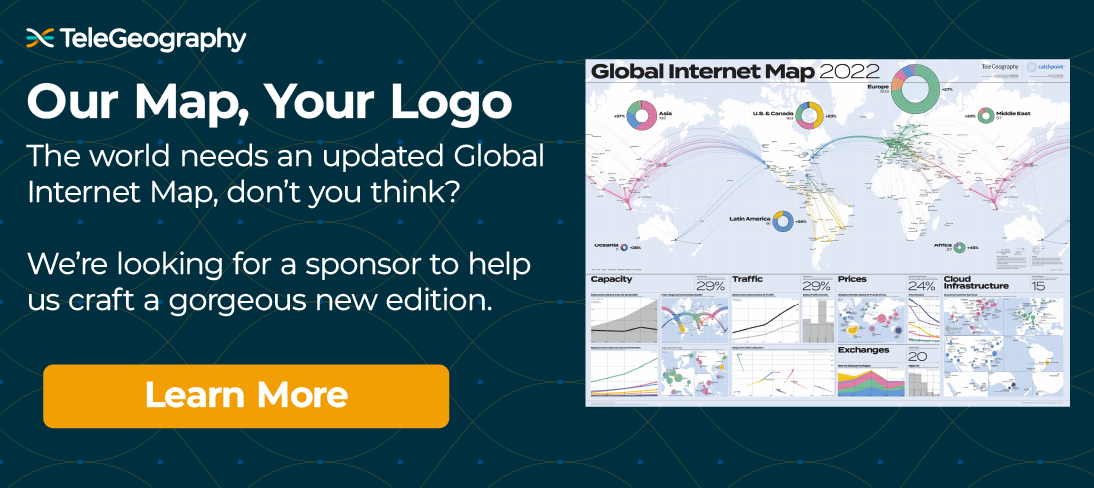Happy Valentine's Day to you, beloved reader. Or Discount Candy Day Eve, as some of us like to say.
Love hurts, after all. But for a recently-launched fleet of Starlink satellites, a geomagnetic storm hurts even more.
We'll jump right into our February list of reading recs with this satellite story, then follow up with new coax cable recycling technology, an unusual absence at the latest FCC auction for 5G spectrum, mandated nutrition labels for broadband connections, and more.
Why renewed solar storms threaten to destroy more satellites after Elon Musk’s Starlink
On February 3, Starlink launched 49 satellites.
The very next day, these new satellites were hit with a geomagnetic storm that ultimately put about 40 out of commission.
To make matters worse, "the sun is in a new solar cycle, with space weather experts expecting geomagnetic storms to worsen in the next few years, increasing the risk to valuable satellites."
Check out this CNBC article for more on this story of love and loss.
Comcast, Echo Environmental team to give old coax cables new life
Coax cables just got more recyclable, thanks to a new partnership between Comcast and Echo Environmental.
As you'll read in the article, "traditional processing methods have only been able to extract the metals contained in the wires. A new polymer extraction technology developed by Echo Environmental last year, however, makes it possible to create new raw materials from the coax’s insulation and jacketing as well."
The submarine infrastructure linking the world’s communication networks
After last month's Tonga catastrophe, our own Alan Mauldin made an appearance on Marketplace Tech's Daily Tech Podcast to talk submarine cables.
Listen to the episode for some quick intel on the global infrastructure of undersea cables and upcoming developments.
5G auction: AT&T and Dish spend billions while Verizon sits out
While both AT&T and Dish won licenses in the latest FCC auction for 5G spectrum, one unusual absence was noticed when Verizon stayed out of this mix.
Network World analyzes the situation and notes some differences between 5G and LTE in this article.
New Broadband ‘Nutrition Label’ Will Highlight How ISPs Are Ripping You Off
In more FCC-related news, the agency voted to require ISPs to provide a “nutrition label” of sorts for broadband connections.
This idea was first proposed in 2016 and will require ISPs to "clearly highlight any hidden fees, line limitations, usage caps, or other restrictions on your broadband line" and "disclose the speed and latency of the connections they sell."
Prices Are Falling in Colombia. Here’s What That Could Mean for Future Investment There
Anyone who is familiar with our Pricing Suite knows that São Paulo is Latin America’s de facto center for wholesale IP transit and transport and reports the most competitive pricing in the region.
In other areas, we see that prices are falling as supply increases.
In this piece, Research Analyst Peter Wood goes into detail about one such area: Colombia.
Think you've got something that should be on our monthly reading list? Tweet it to us @TeleGeography.

